This section covers questions related to guardianship and being kicked out of home
This section covers questions related to guardianship and being kicked out of home
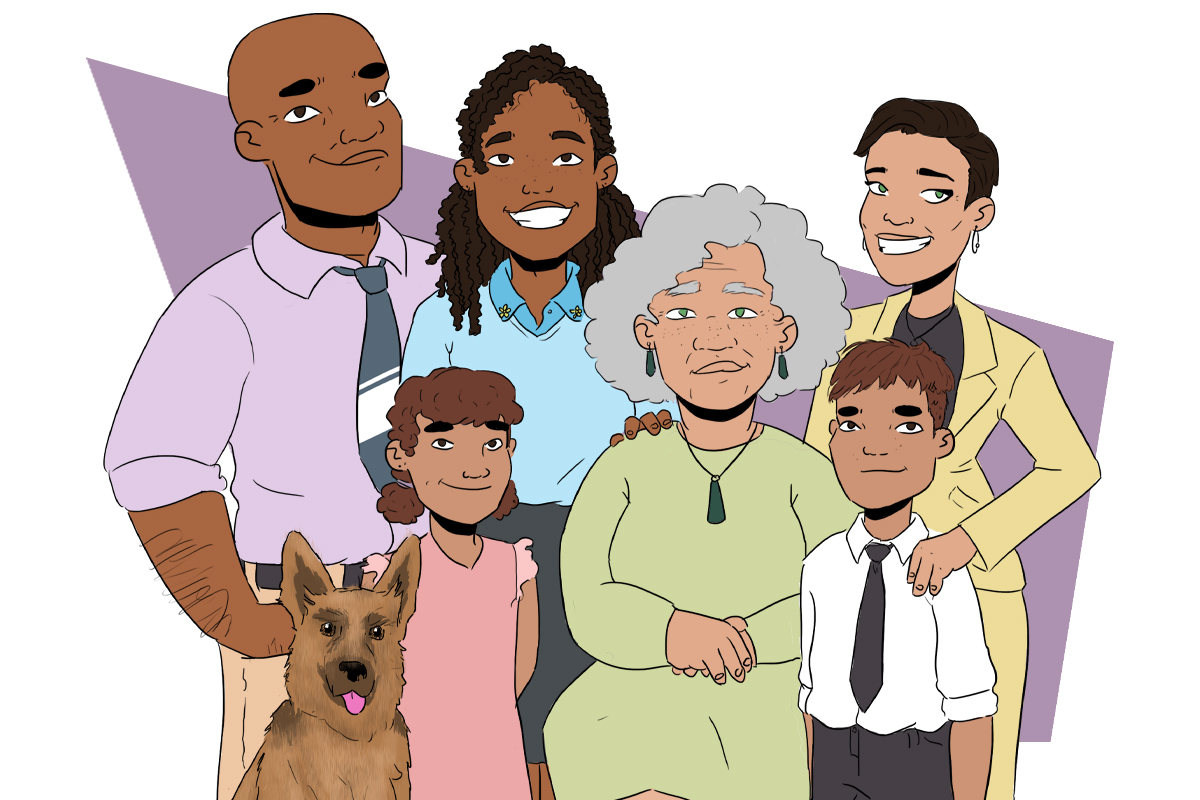
Living with whānau
Living with whānau can often be a mixed bag of awesome stuff and not so awesome stuff. For queer, gender diverse and intersex young people, living with whānau can get tricky and even dangerous.
The Care of Children Act 2004 is designed to promote children's welfare and best interests, further their development, help by ensuring they have guardianship and care, and recognise certain rights of children.
The Care of Children Act 2004 defines a “child” as a person under the age of 18 years. The Act defines and regulates guardians' duties, powers, rights and responsibilities as guardians of their children.
Parents are usually the joint guardians of a child. In some cases, the guardian may be only one parent. Other people may also become guardians in certain circumstances. For example, a guardian might be appointed by the Court. Similarly, the Court may (in some circumstances) remove a guardian (including a parental guardian).
Some common questions around legal rights when living with whānau are:
What if I live with whānau who aren’t my legal guardians?
Section 152 of the Crimes Act sets out a duty for parents (or a person in place of a parent) who has actual care or charge of a child under the age of 18 years to provide them with necessaries and to take reasonable steps to protect them from injury.
A person (including a legal guardian) who does not do these duties may be criminally responsible. The Act does not set out what necessaries are, but it would be expected to include the necessaries of life (such as food, water, medical care and so on). The necessities could also seen to be wider than this though. This is based on the Law Commission report available here: http://www.nzlii.org/nz/other/lawreform/NZLCR/2009/111.html.
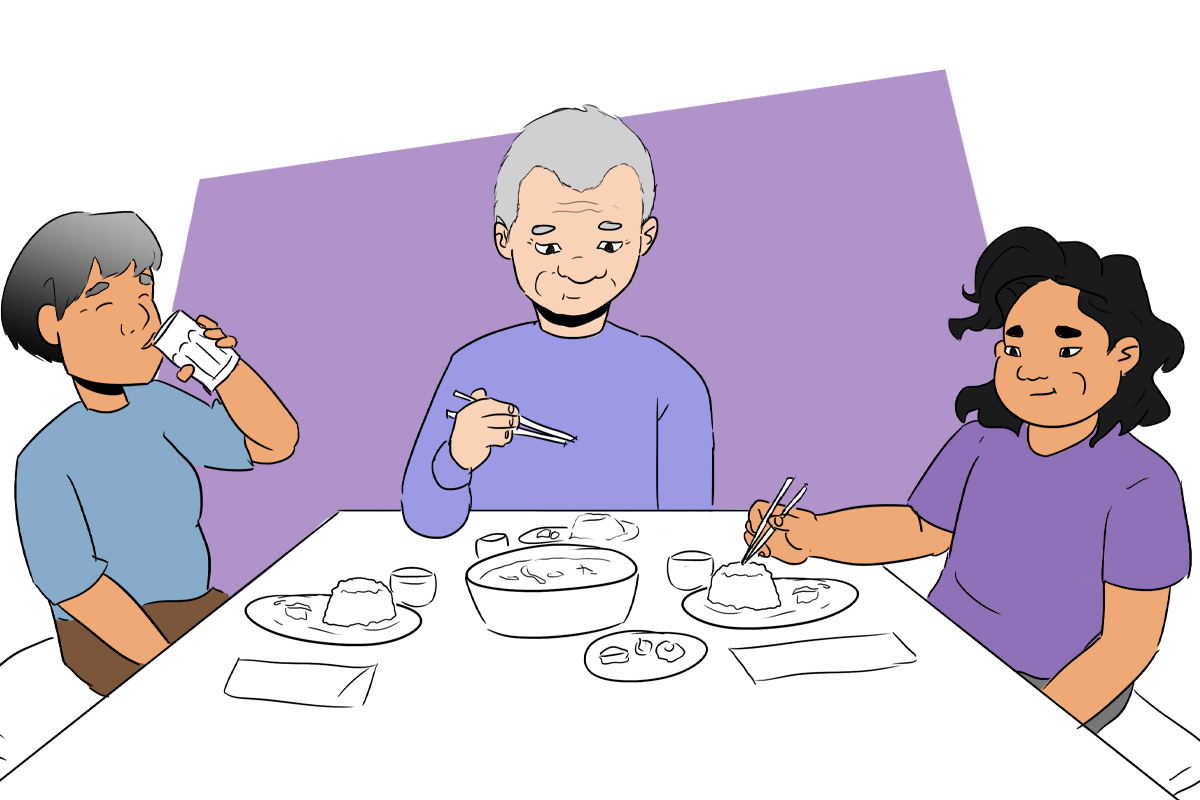
Anything else I should know?
The other main piece of law relevant to the rights of children and young people is the Oranga Tamariki Act 1989. This treats a child as a person under the age of 14 years and a young person as aged between 14 and 17 or 18 (depending on the relevant part of the Act).
The Oranga Tamariki Act is a large piece of law which has a number of objectives, including:
- assisting children and young persons in order to prevent them from suffering harm, ill-treatment, abuse, neglect or deprivation; and
- providing for the protection of children and young persons from harm, ill-treatment, abuse, neglect and deprivation.
Oranga Tamariki (or the Ministry for Children) generally becomes involved in a child's life because someone gets in touch with the organisation when they are worried about the wellbeing of a child or young person, although there are other circumstances in which this may occur. Find out more here.
Where to go for help if you have an issue:
There are a number of places you can go which may be helpful to you if you’re having issues at home.
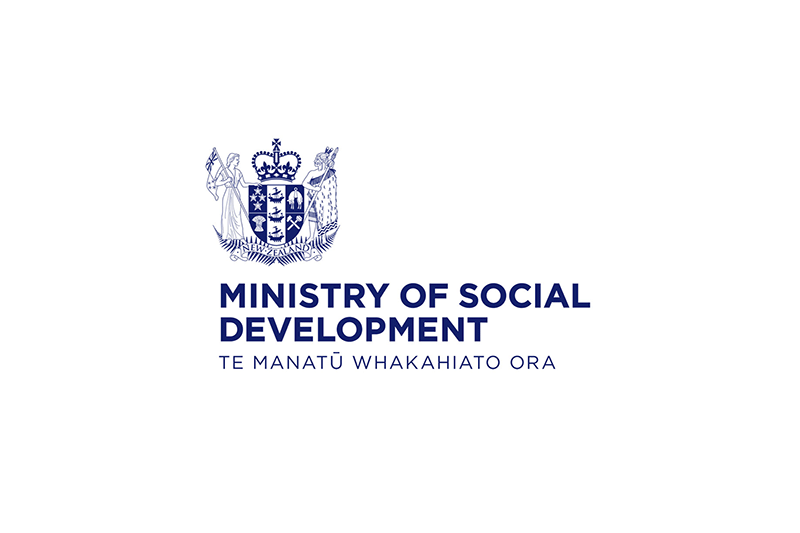 |
Ministry of Social Development – can provide guidance as to emergency accommodation for people in need of somewhere to stay. These services can be accessed by calling 0800 559 009 or visiting any Ministry of Social Development service centre. |
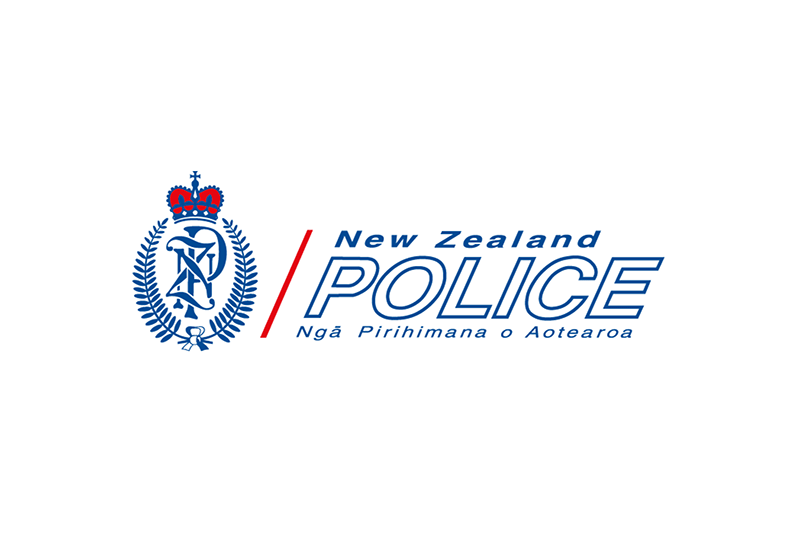 |
New Zealand Police – if you have concerns regarding your safety (or the safety of any other person), dial 111 to report this behaviour to the Police. |
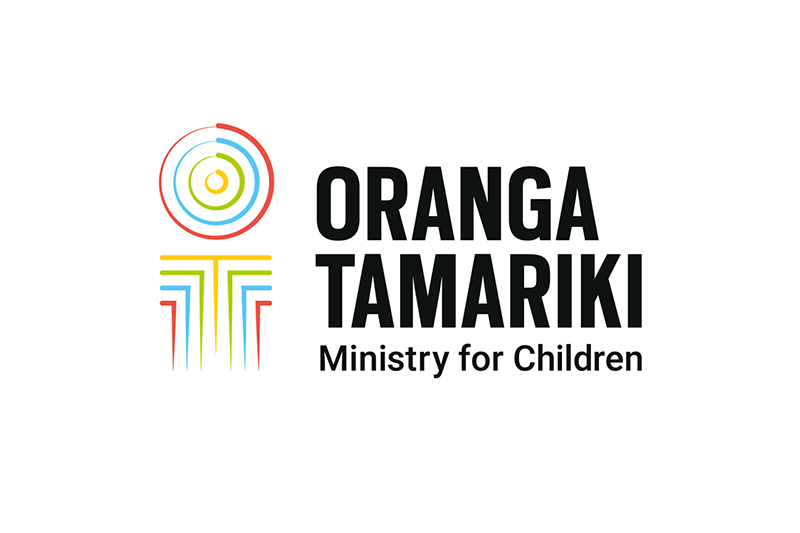 |
Oranga Tamariki (Ministry for Children) – Government body responsible for ensuring the wellbeing of children and young people in Aotearoa. Provides assistance in the form of connecting children and families with trained social workers who are able to assist with various situations. For more information, see www.orangatamariki.govt.nz, or contact Oranga Tamariki on 0508 326 459. |
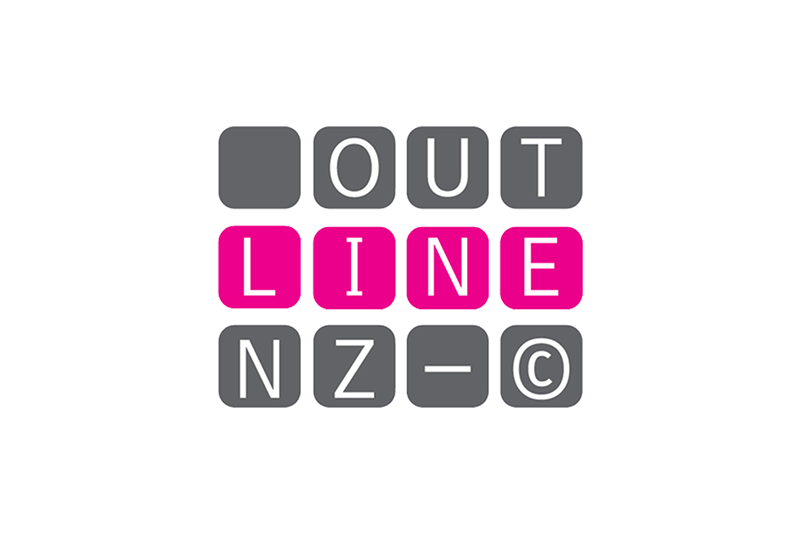 |
OUTLine – volunteers welcome your call to discuss topics around sexuality, gender identity and diverse sex characteristics. They can help you find sources of trusted information, connection to community or peers, and medical or mental health services that welcome LGBTIQ+ people. Free phone: 0800 688 5463 Website: www.outline.org.nz |
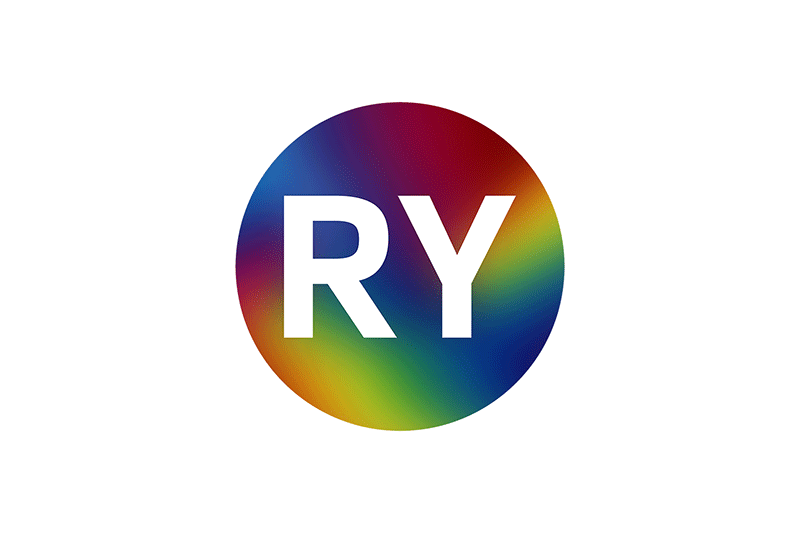 |
RainbowYOUTH – provides free services and support to queer and gender diverse youth. RainbowYOUTH can also refer you to other services which may be more applicable to your situation. For more information, see www.ry.org.nz, or contact RainbowYOUTH on 09 376 4155 or info@ry.org.nz. |
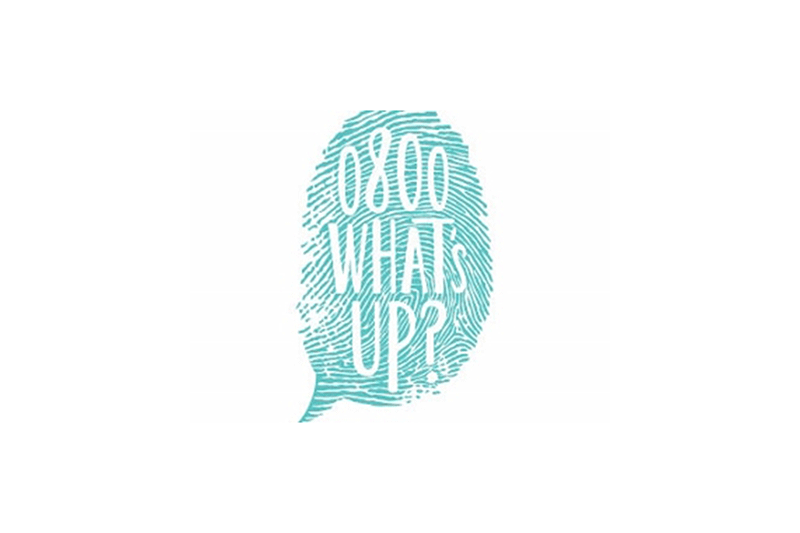 |
Whats Up? – provides a free, nationally available counselling helpline for children and teenagers. These services can be accessed by calling 0800 942 8787 (WHATSUP) or visiting www.whatsup.co.nz. |
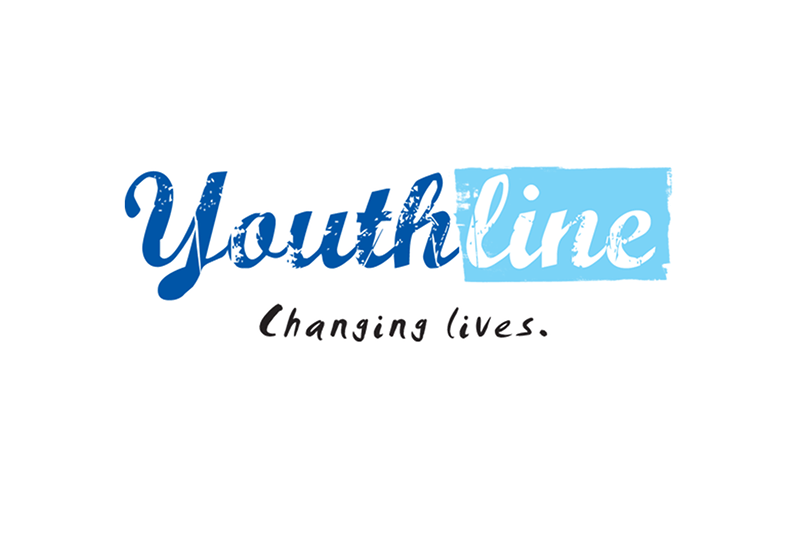 |
Youthline – provides advice and support to young people, including counselling and mentoring services. These services can be accessed by calling 0800 376 633 or visiting www.youthline.co.nz. |
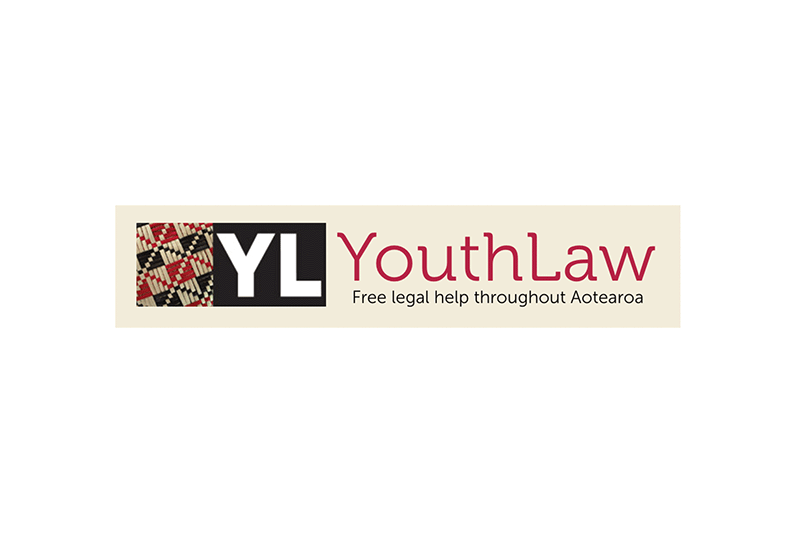 |
YouthLaw – provides free legal help for people under 25 regarding a range of legal issues, including employment issues. For more information, see www.youthlaw.co.nz, or contact YouthLaw on 0800 884 529 or nzyouthlaw@gmail.com. |
 |
VOYCE - Whakarongo Mai – helps young people who are care experienced (e.g. in foster care). Visit their website: www.voyce.org.nz |
Which laws were mentioned here?
Care of Children Act 2004
Crimes Act
Oranga Tamariki Act 1989
The Interpretation Act 1999
Can my whānau legally kick me out of home because of my gender identity, sexuality or intersex characteristics?
What are the obligations of my legal guardian?
Section 16 of the Care of Children Act sets out some of the duties, powers, rights and responsibilities of a guardian. These include:
- providing day-to-day care for the child;
- contributing to the child’s intellectual, emotional, physical, social, cultural and other personal development; and
- determining for or with the child (or helping the child determine) questions about important matters affecting the child.
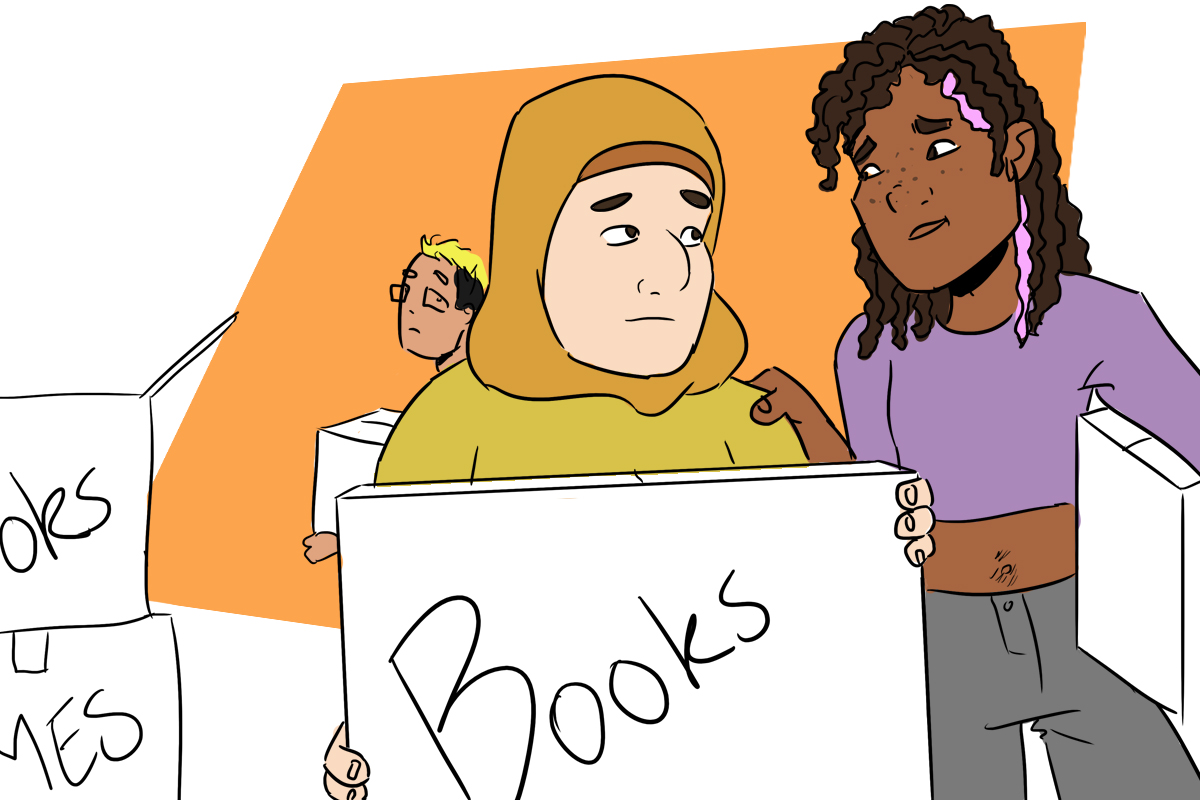
What happens if my legal guardian doesn’t fulfill their obligations?
The Court has the power to remove a parental guardian where that parental guardian is unwilling to perform or exercise the duties, powers, rights and responsibilities required (or where the parent is for a grave reason unfit to be a guardian of the child), where doing so will serve the welfare and best interests of the child.
There are also some other ways that your legal guardians obligations can end:
- when you turn 18 years old
- if you get married or enter into a civil union
- if you live with another person as your de facto partner (but this only applies in certain situations*)
* A quick note about de facto partners:
The Interpretation Act 1999 sets out that a de facto relationship exists between two people where the two people live together as a couple in a relationship in the nature of a marriage or civil union (and are not married or in a civil union) and are both aged 16 or older. For the purposes of the Care of Children Act specifically, a de facto relationship is not recognised for a person aged 16 or 17 unless the consent of a Family Court Judge has been obtained.
